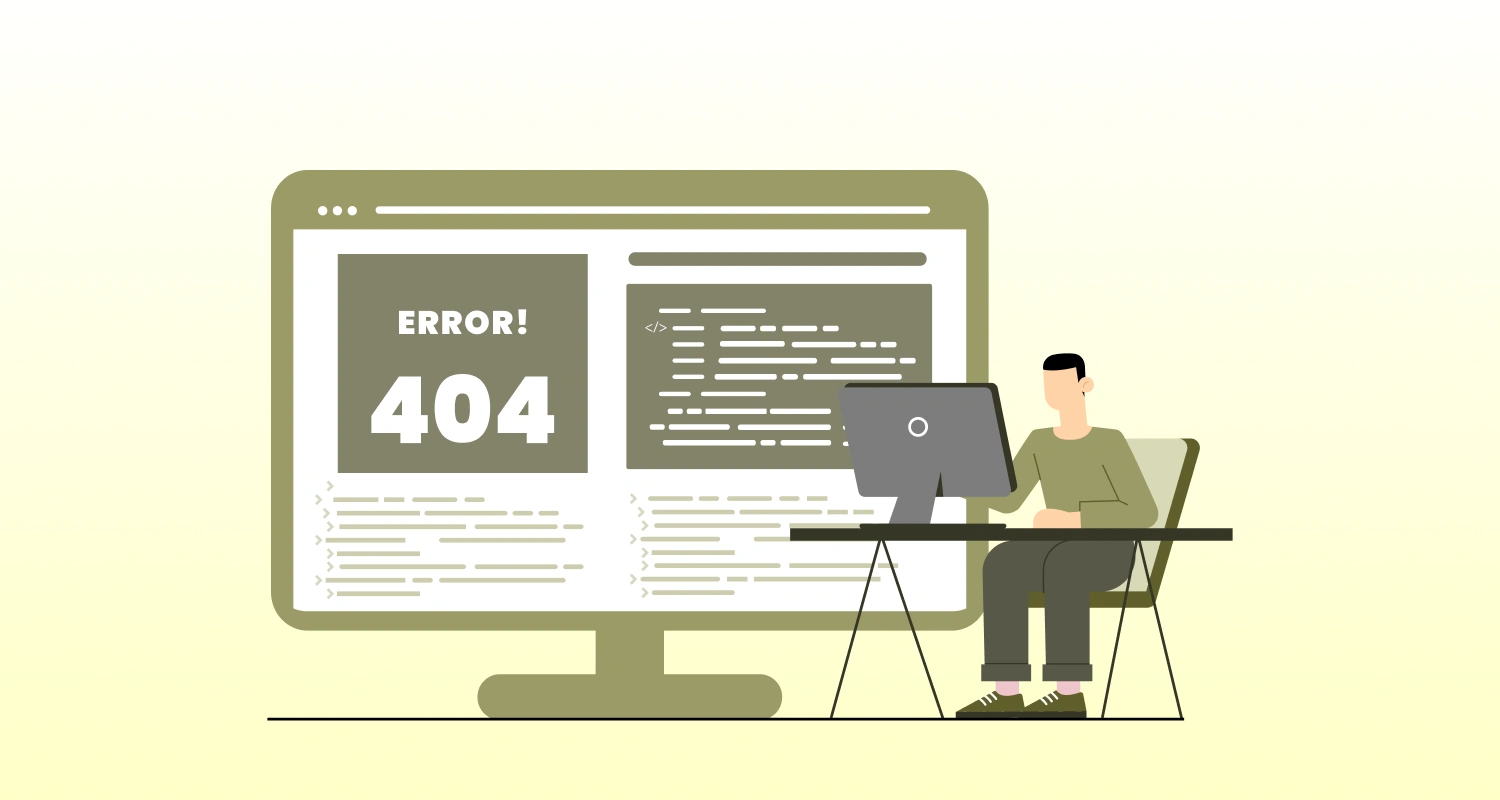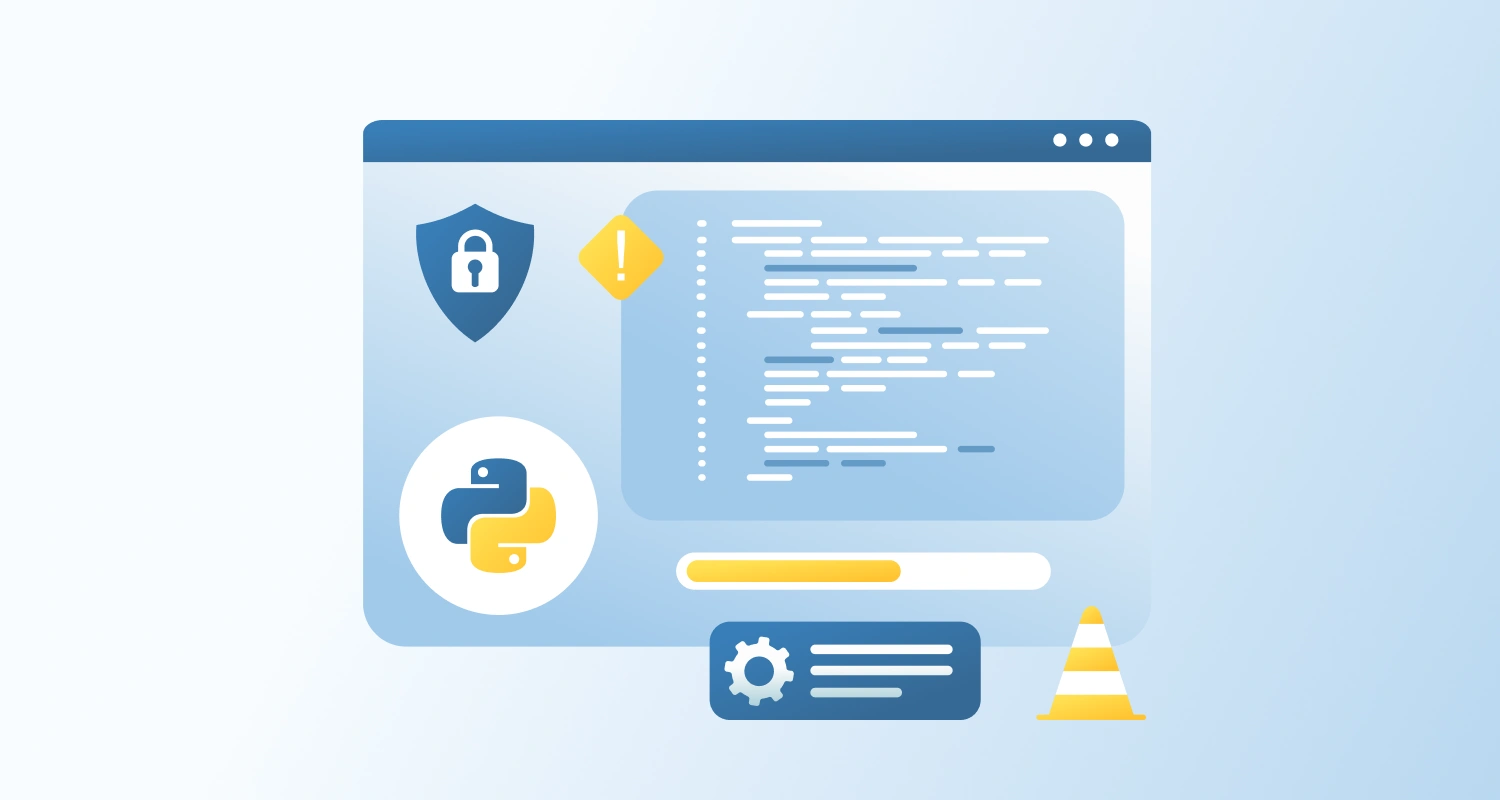Using environment variables to store sensitive data, such as database credentials and API keys, is a best practice in WordPress development. It enhances security, keeps your code clean, and ensures a more secure deployment process.
What Are Environment Variables?
Environment variables refer to the variables that reside outside the app’s codebase. They can be accessed by your application for storing sensitive information like API keys, database passwords and other such aspects without having to hardcode them in your source code files.
In WordPress, environment variables are commonly defined in a .env file or the server configuration and can be accessed using PHP.
Benefits of Using Environment Variables for Sensitive Data
Improved Security:
Storing sensitive data in your code makes it vulnerable to attacks, especially if your repository is compromised. Environment variables allow you to keep this information out of your codebase, reducing the risk of data exposure.
Cleaner Codebase:
By moving sensitive data outside of your theme or plugin files, you make your code cleaner and easier to maintain. This avoids clutter and ensures that your code does not contain hardcoded sensitive information.
Easier Deployment:
Environment variables simplify deployment across different environments (development, staging, production). Instead of changing sensitive data in your codebase for each environment, you can simply update the environment variables for each specific server or environment.
Centralized Management:
Environment variables make it easier to manage sensitive data in one place, improving maintainability. Changes to sensitive data need to be made in only one location (the environment), rather than throughout your code.
Better Version Control:
By storing sensitive data in environment variables, you can keep your code repository clean and avoid accidentally committing sensitive information to version control systems like Git.
How to Use Environment Variables in WordPress
Define Environment Variables
You can define environment variables in your server’s configuration or a .env file. For example:
In .env:
DB_NAME=your_database_name
DB_USER=your_database_user
DB_PASSWORD=your_database_passwordAccess Environment Variables in WordPress: In your WordPress configuration, you can access environment variables using getenv() or $_ENV. For example, in wp-config.php:
define( 'DB_NAME', getenv('DB_NAME') );
define( 'DB_USER', getenv('DB_USER') );
define( 'DB_PASSWORD', getenv('DB_PASSWORD') );Use Plugins for Environment Variable Management
Make use of tools like Dotenv to manage environment variables with ease. It also provides seamless integration services for WordPress CMS.
Conclusion
Using environment variables in WordPress helps protect sensitive data, keep codebase secure and more. By not hardcoding APIs and credentials in the source code, businesses can reduce risk and cost of data breaches significantly.





